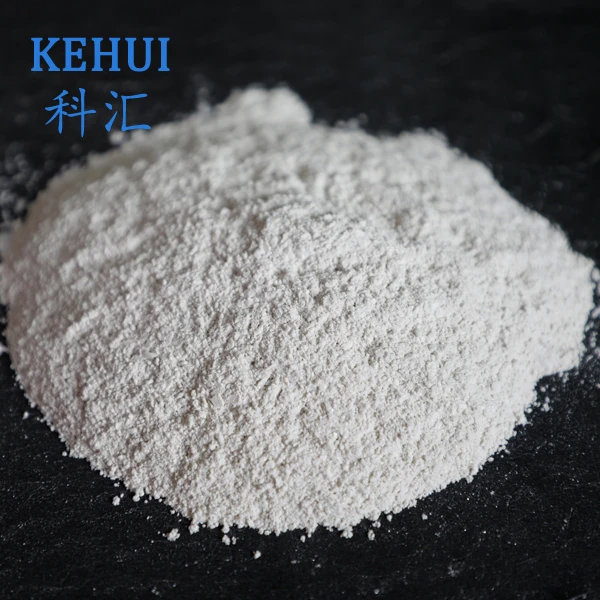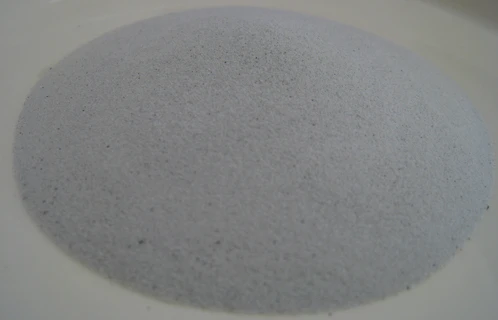Creating the ideal environment for bonsai growth requires careful consideration, especially when it involves the choice of soil components like perlite. Perlite is a naturally occurring volcanic glass that, when heated to high temperatures, expands and becomes a lightweight, porous material. For bonsai enthusiasts, understanding the multiple benefits of perlite can significantly enhance both the health and aesthetics of their miniature trees.
Despite being lightweight, perlite’s stability in the soil matrix makes it a reliable component that doesn't break down or decompose like some organic substances. This long-lasting aspect ensures that it continually provides the aforementioned benefits over time, reducing the need for frequent soil replacement and minimizing root disturbance. Seasoned bonsai professionals often recommend using perlite in a custom soil blend rather than solely relying on commercially available bonsai soils. Combining perlite with organic components such as akadama, pumice, or pine bark can create a balanced medium that tailors to the specific needs of different bonsai species. This customization allows enthusiasts to precisely control various growth factors, thus optimizing the environment for their trees. While some may question if perlite leaches minerals or affects soil pH, it is largely inert and does not interfere with nutrient availability or acidity levels. This makes it an adaptable choice for a wide range of bonsai species, from fruiting and flowering varieties to deciduous and coniferous types. Bonsai enthusiasts seeking a sustainable method for cultivating their verdant creations should appreciate the balance that perlite offers between practicality and functionality. In summary, incorporating perlite not only enriches the growing medium but also instills confidence that one's bonsai is poised to thrive. This trustworthiness, supported by experiences from expert horticulturists and bonsai masters, establishes perlite as an indispensable ally in the art of bonsai cultivation.


Despite being lightweight, perlite’s stability in the soil matrix makes it a reliable component that doesn't break down or decompose like some organic substances. This long-lasting aspect ensures that it continually provides the aforementioned benefits over time, reducing the need for frequent soil replacement and minimizing root disturbance. Seasoned bonsai professionals often recommend using perlite in a custom soil blend rather than solely relying on commercially available bonsai soils. Combining perlite with organic components such as akadama, pumice, or pine bark can create a balanced medium that tailors to the specific needs of different bonsai species. This customization allows enthusiasts to precisely control various growth factors, thus optimizing the environment for their trees. While some may question if perlite leaches minerals or affects soil pH, it is largely inert and does not interfere with nutrient availability or acidity levels. This makes it an adaptable choice for a wide range of bonsai species, from fruiting and flowering varieties to deciduous and coniferous types. Bonsai enthusiasts seeking a sustainable method for cultivating their verdant creations should appreciate the balance that perlite offers between practicality and functionality. In summary, incorporating perlite not only enriches the growing medium but also instills confidence that one's bonsai is poised to thrive. This trustworthiness, supported by experiences from expert horticulturists and bonsai masters, establishes perlite as an indispensable ally in the art of bonsai cultivation.
Next:
Latest news
-
The Versatile World of Phlogopite Mica: Properties, Forms, and ApplicationsNewsJul.14,2025
-
The Versatile Applications of Calcined Mica: From Decoration to Industrial UseNewsJul.14,2025
-
The Role of Muscovite Mica in Industrial Insulation MaterialsNewsJul.14,2025
-
The Benefits of Using Expanded Clay Pebbles in Hydroponics and Soil GardeningNewsJul.14,2025
-
Innovative Applications of Mica Flake in Paints and CoatingsNewsJul.14,2025
-
Gardening Expanded Clay Usage: A Complete GuideNewsJul.14,2025
-
The Use of Natural Mica Powder in Skincare ProductsNewsJun.11,2025
Related Products








